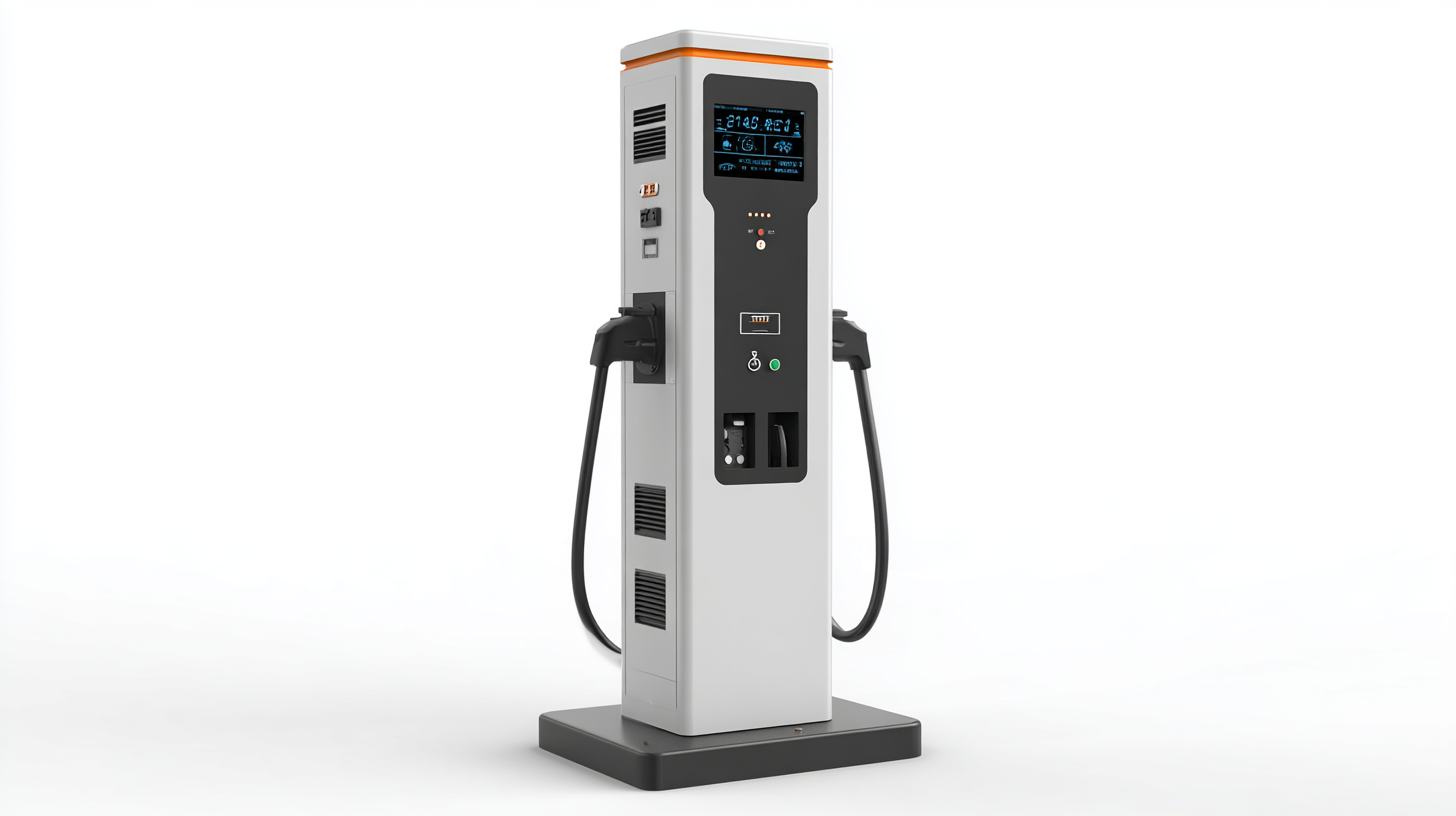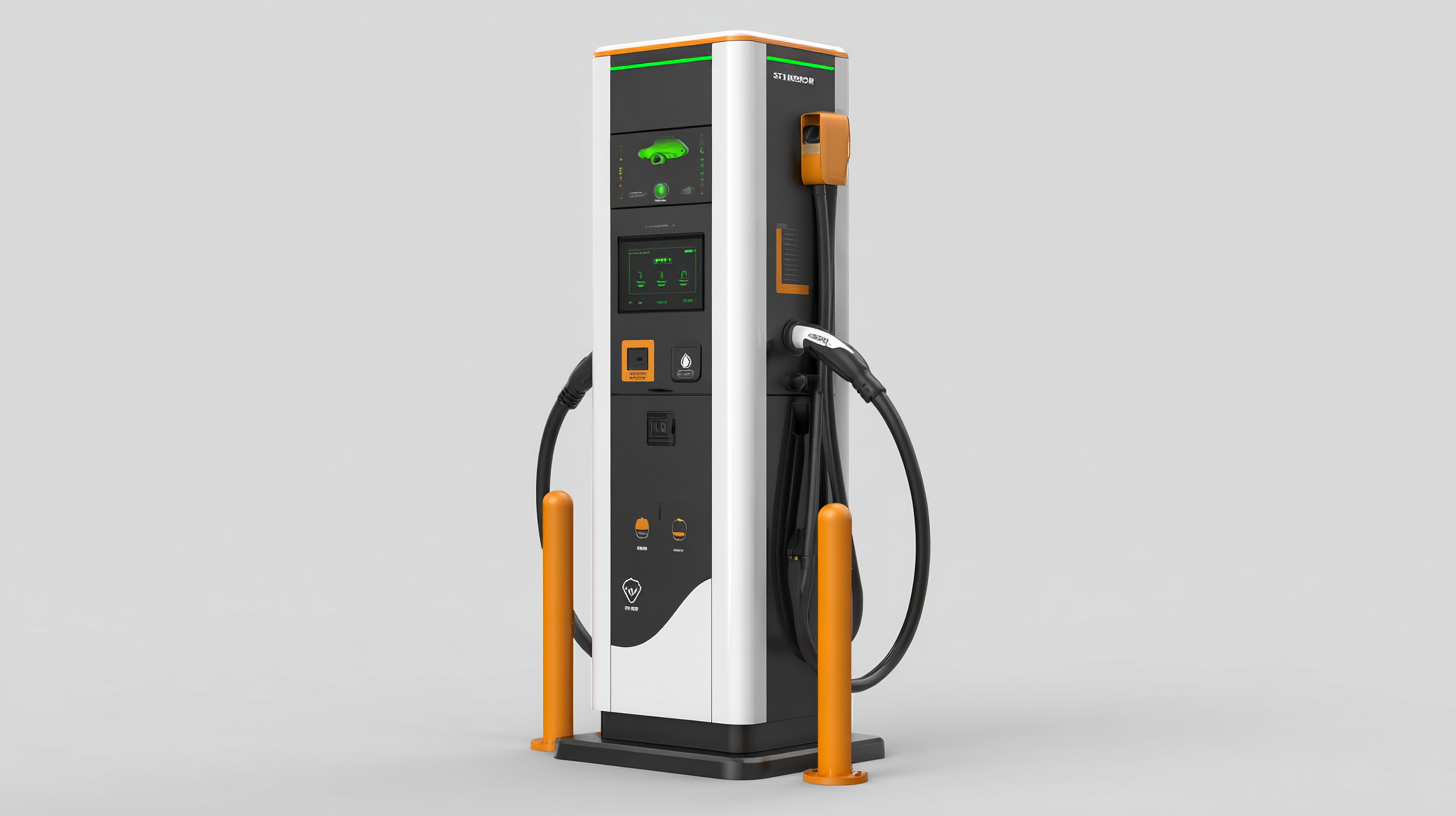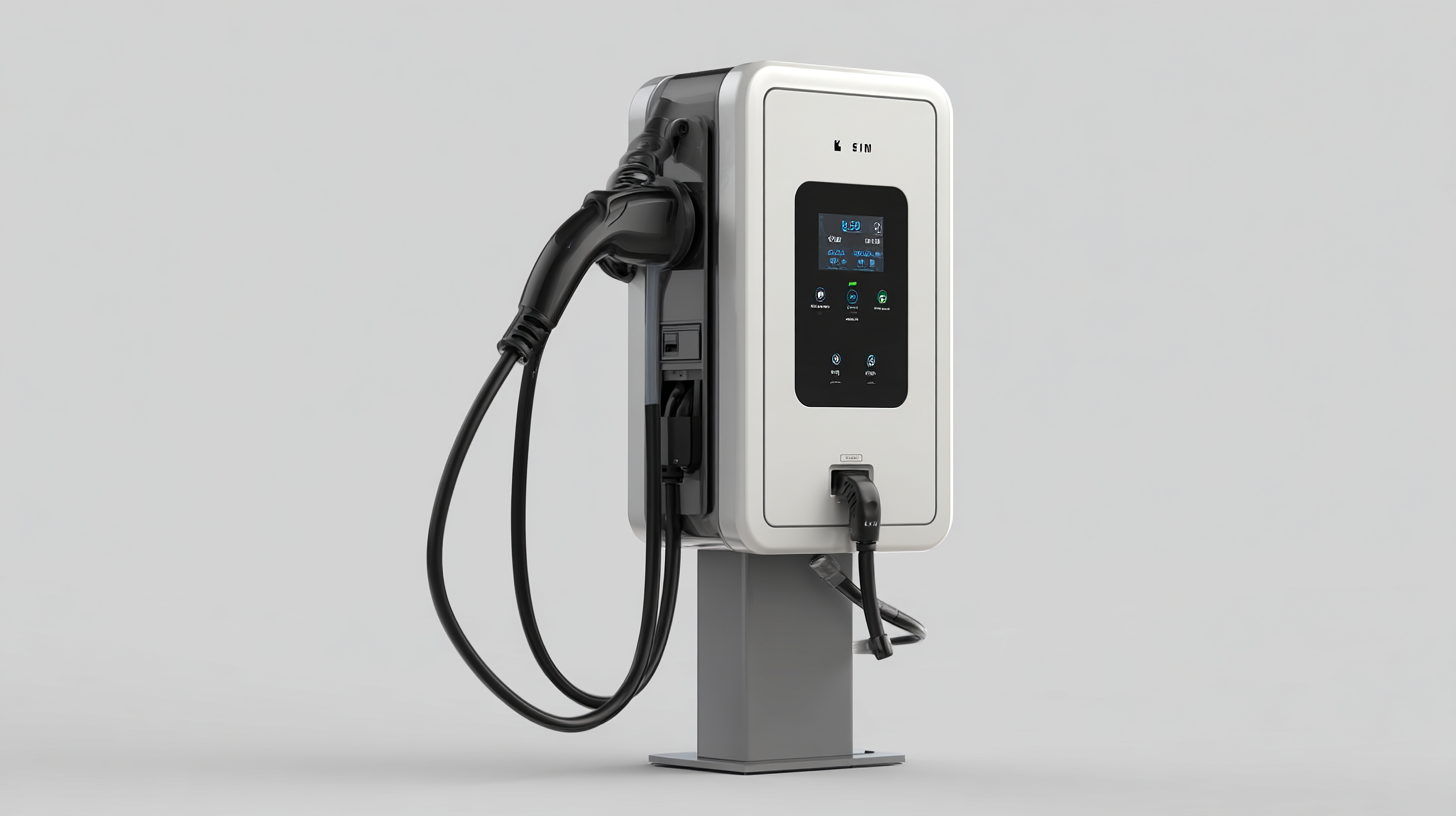In recent years, the global shift towards electric vehicles (EVs) has seen a significant rise in demand for reliable and efficient charging solutions, particularly Outdoor Electric Car Chargers. According to a report by the International Energy Agency (IEA), the number of electric cars worldwide exceeded 10 million in 2020, leading to an increase in the need for accessible charging infrastructure. As the largest manufacturer of EV charging equipment, China has positioned itself at the forefront of this burgeoning market, with exports of charging solutions marking a pivotal point in a rapidly evolving industry.

With a market projection estimating the Outdoor Electric Car Charger sector to reach USD 25 billion by 2027, the emphasis on quality craftsmanship and innovative technology from Chinese manufacturers has never been more critical. This blog delves into how China’s manufacturing prowess ensures that their outdoor chargers not only meet global standards but also excel in performance and durability, solidifying their reputation as leaders in the electric charging market.
When it comes to outdoor electric car chargers, exceptional after-sales service is as vital as the product itself. In the competitive landscape of electric vehicle infrastructure, our commitment to customer support sets us apart. We understand that investing in an electric car charger is a significant decision, and our dedicated team is here to ensure that your experience is seamless from the moment of purchase through installation and beyond. Our after-sales service includes thorough installation guidance, prompt troubleshooting assistance, and regular maintenance checks to keep your charger operating at peak efficiency.
Additionally, we offer a comprehensive warranty that underscores our confidence in our products. This guarantees that customers have peace of mind knowing that any issues will be addressed quickly and effectively. Our knowledgeable support staff is available around the clock to answer questions and provide solutions, ensuring that you are never left in the dark about your charging needs. With our unparalleled after-sales service, we are not just a manufacturer; we are your partner in making electric vehicle ownership more convenient and enjoyable.
In the rapidly evolving landscape of electric vehicle infrastructure, cost-effective maintenance strategies are crucial for enhancing the longevity and efficiency of electric car chargers. As we observe the substantial growth of electric vehicle (EV) adoption, especially in regions like the Arabian Peninsula, understanding how to balance maintenance costs while ensuring optimal performance is vital. A well-maintained charging station not only improves user experience but also reduces downtime, thereby maximizing operational efficiency.
Tip: Implement predictive maintenance by utilizing data analytics to monitor the performance metrics of charging stations. This proactive approach can help identify potential issues before they escalate, ensuring hardware remains in peak condition.
Furthermore, integrating renewable energy sources like solar and wind into charging infrastructures can lead to significant cost savings in the long run. The utilization of energy storage systems allows for stable energy supply and can offset the maintenance costs associated with traditional grid reliance.
Tip: Consider a hybrid system design that combines both conventional and renewable energy sources. This not only enhances sustainability but also provides flexibility in managing energy demand and costs. By adopting such innovations, businesses can address their maintenance challenges effectively while contributing to a greener future.

As the demand for electric vehicles (EVs) continues to rise, so does the need for innovative charging solutions. Advancements in electric car charging technology are not just about increasing speed; they are also focused on sustainability, efficiency, and user convenience. In China, manufacturers are pushing the envelope by introducing smart chargers that offer features like real-time monitoring, app connectivity, and automated billing systems, which will greatly enhance the user experience.
Tips: When choosing an outdoor electric car charger, consider options with weatherproof designs to ensure durability. Additionally, look for chargers that support fast charging technology to minimize downtime, allowing you to get back on the road swiftly.
Furthermore, the integration of renewable energy sources into charging infrastructure is becoming a game changer. Manufacturers are developing solar-powered charging stations that can operate independently of the grid, contributing to a greener planet. This innovation not only promotes environmental sustainability but also enables users to lower their energy costs.
Tips: Explore chargers that allow integration with home solar energy systems. This allows EV owners to charge their vehicles with clean energy, significantly reducing their carbon footprint and energy expenses.
Quality assurance plays a pivotal role in the manufacturing of outdoor electric car chargers, particularly in a rapidly growing market like China's. According to a report by the International Energy Agency (IEA), global electric vehicle (EV) sales surged to over 6.6 million units in 2021, highlighting the increasing demand for reliable and efficient charging solutions. In this context, manufacturers must prioritize stringent quality control measures to ensure their products meet safety standards and customer expectations.
China, as one of the largest EV markets, has stringent regulations in place aimed at enhancing product quality. According to a study by Frost & Sullivan, manufacturers that implement comprehensive quality assurance processes can reduce product failure rates by up to 30%. This not only helps maintain a competitive edge but also reinforces consumer trust in outdoor chargers. Effective quality assurance ensures that chargers are able to withstand varying weather conditions and deliver optimal performance, which is critical for outdoor applications where environmental factors can impact product reliability.
Investing in quality assurance not only mitigates risks associated with product recalls and warranty claims but also positions manufacturers as leaders in the market. As the demand for outdoor electric car chargers continues to escalate, the emphasis on quality assurance will likely dictate the success of manufacturers in this ever-evolving landscape.

Sustainable practices in the manufacturing of electric car chargers are increasingly important as the demand for eco-friendly solutions rises. In China, a leader in electric vehicle technology, manufacturers have embraced innovative processes that reduce environmental impact while maintaining high quality. By utilizing renewable energy sources for production facilities, companies effectively minimize their carbon footprints, contributing to a healthier planet.
Tips for consumers looking for sustainable electric car chargers include checking for certifications that indicate eco-friendly manufacturing practices and materials. Look for products made from recyclable materials or those that feature energy-efficient technology. This not only supports sustainable practices but can also enhance the longevity and efficiency of your charger.
Additionally, many manufacturers are focusing on waste reduction strategies, such as reusing materials and recycling components. As you shop for outdoor electric car chargers, consider brands that prioritize these practices. By choosing products from companies that are committed to sustainability, you encourage the industry to move towards greener production methods and contribute to the overall health of our environment.
| Aspect | Standard | Current Performance | Sustainability Initiatives |
|---|---|---|---|
| Production Efficiency | 80% | 90% | Lean Manufacturing Techniques |
| Waste Reduction | 15% | 5% | Zero Waste to Landfill Initiatives |
| Energy Consumption | 200 kWh/unit | 150 kWh/unit | Use of Renewable Energy Sources |
| Material Sourcing | Recyclable Materials 40% | 60% | Sourcing from Certified Suppliers |
| Carbon Footprint | 50 kg/unit | 30 kg/unit | Carbon Offset Programs |
